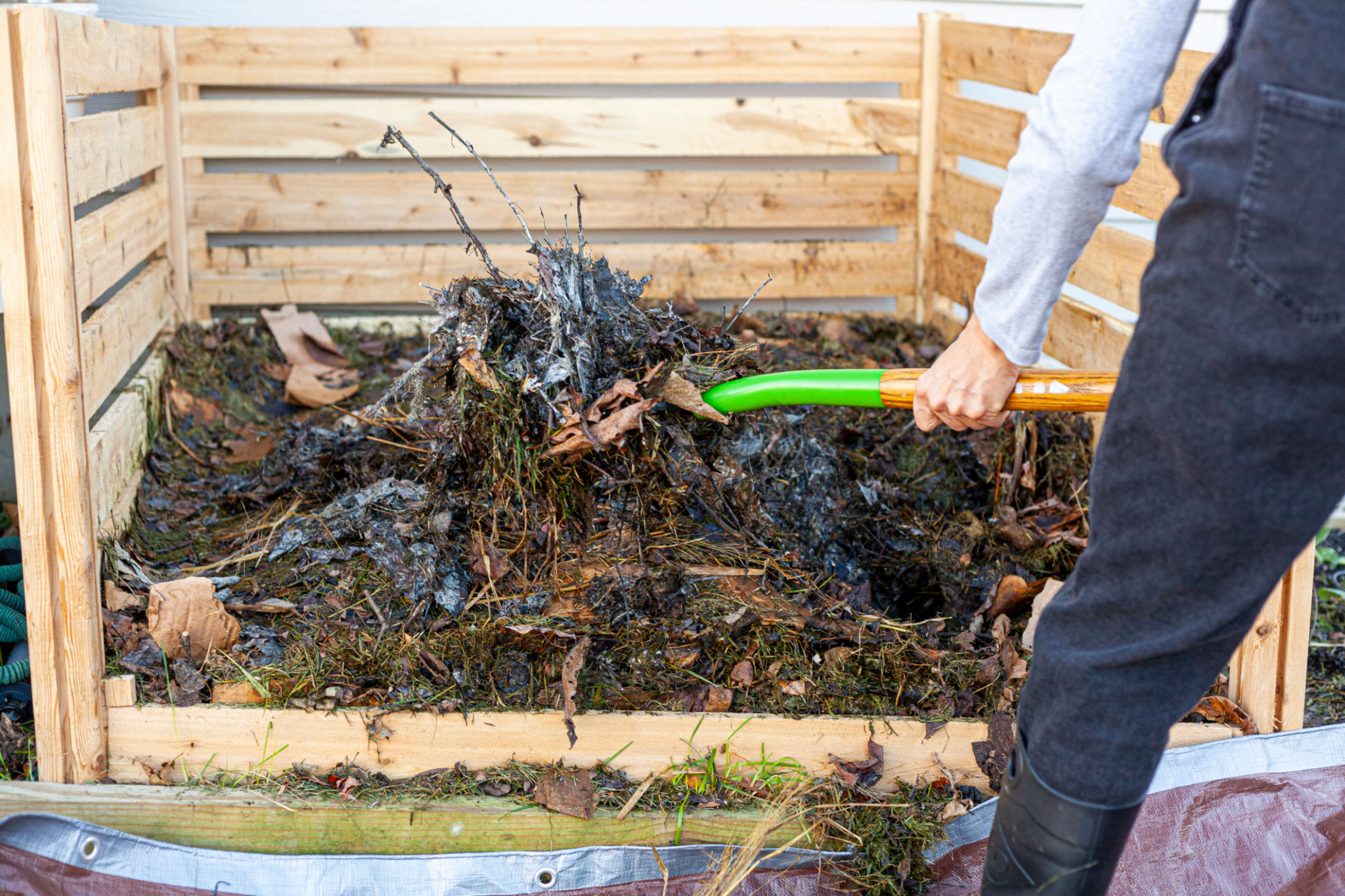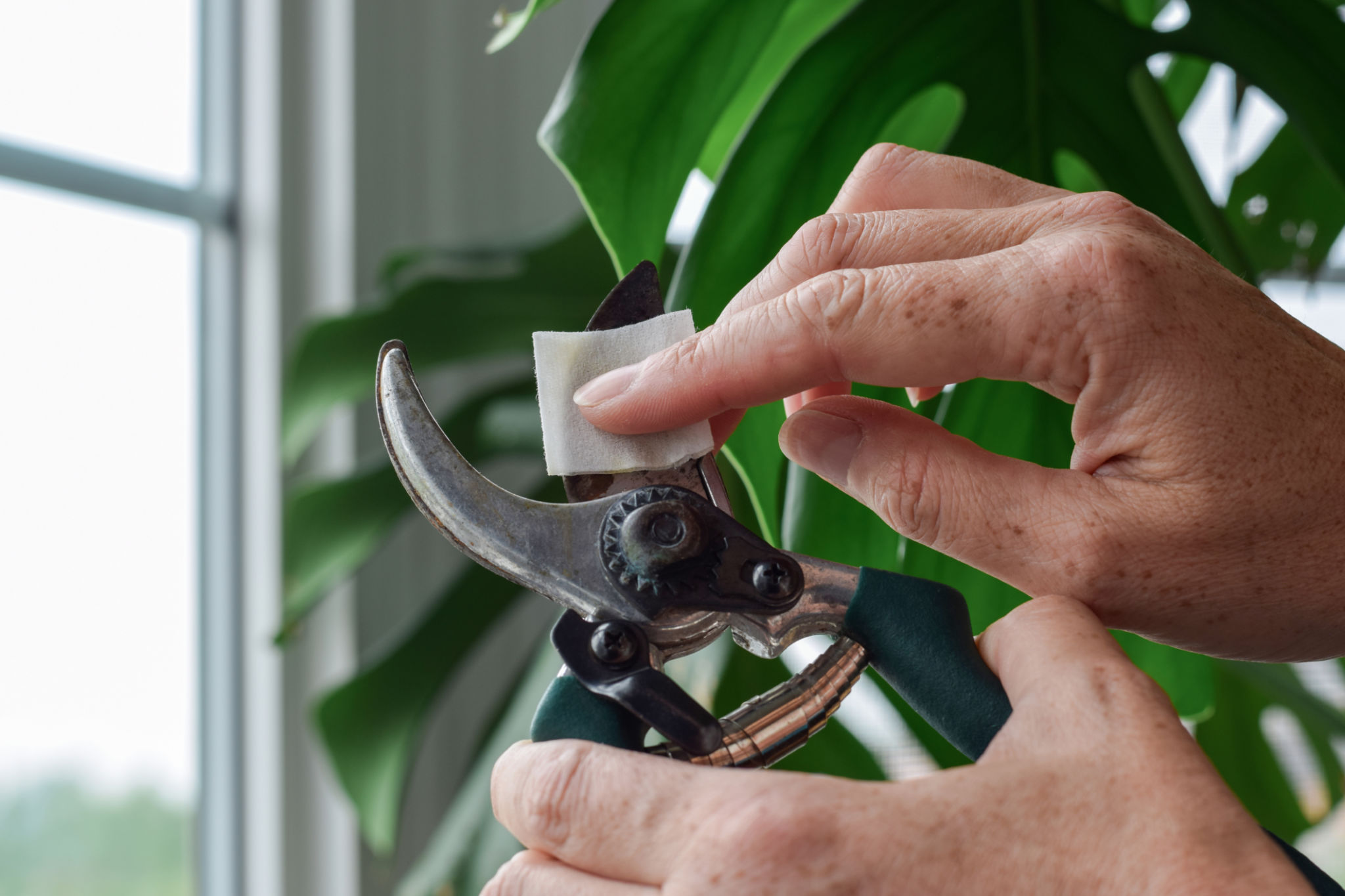Seasonal Gardening Tips for Tucson: Preparing Your Soil with Organic Fertilizers
Understanding Tucson's Unique Climate
Tucson, Arizona, offers a unique climate for gardening enthusiasts. With its hot summers and mild winters, the growing conditions are distinct from many other regions. To make the most of your garden in Tucson, it's crucial to understand the seasonal changes and prepare your soil accordingly. One effective way to enrich your soil is by using organic fertilizers.

The Benefits of Organic Fertilizers
Organic fertilizers are an excellent choice for gardeners looking to create a sustainable and thriving garden. These fertilizers contain natural ingredients that improve soil structure, enhance microbial activity, and provide essential nutrients to plants. By choosing organic options, you're not only nurturing your garden but also promoting environmental health.
Some of the key benefits include:
- Improved soil fertility: Organic fertilizers release nutrients slowly, ensuring a steady supply for plants.
- Increased microbial activity: The natural components in organic fertilizers encourage beneficial microbes that aid in nutrient absorption.
- Environmental safety: Being chemical-free, these fertilizers are safer for the surrounding ecosystem.
Choosing the Right Organic Fertilizer
Selecting the right type of organic fertilizer depends on your garden's specific needs. Here are some popular options:
- Compost: A versatile option that improves soil health and adds essential nutrients.
- Manure: Rich in nitrogen, it’s ideal for leafy vegetables and plants that require a boost in growth.
- Bone meal: A great source of phosphorus, it supports root development and flowering.

Preparing Your Soil for Planting
Once you've selected your organic fertilizer, it's time to prepare your soil for planting. Start by clearing any debris and tilling the soil to improve aeration. Mix your chosen organic fertilizer into the soil, ensuring even distribution. This process will help set a strong foundation for your plants.
To further enhance soil quality, consider conducting a soil test. This will provide insight into the soil's pH level and nutrient content, allowing you to make informed decisions on additional amendments if needed.
Timing Your Fertilizer Application
The timing of fertilizer application is critical in Tucson's unique climate. For spring planting, apply organic fertilizers in late winter or early spring. This allows the nutrients to integrate into the soil before the growing season begins. For fall planting, consider applying fertilizers in late summer to prepare the soil.
Remember that organic fertilizers work slowly, so patience is key. Regularly monitor your plants and soil to ensure they are receiving adequate nutrition throughout the growing season.

Maintaining Your Garden's Health
Once your garden is planted, ongoing maintenance is essential to ensure its health. Watering schedules should be adjusted according to seasonal changes, with more frequent watering during Tucson’s hot summer months. Mulching can also help retain moisture and reduce weed growth.
Regularly check for signs of nutrient deficiencies or pest infestations. Organic solutions such as neem oil or insecticidal soap can be effective in managing pests without harming beneficial insects or the environment.
Embracing Tucson's Gardening Opportunities
Gardening in Tucson offers unique opportunities to cultivate a diverse range of plants year-round. By preparing your soil with organic fertilizers and understanding local climatic conditions, you can create a thriving garden that enhances your outdoor space.
With careful planning and dedication, your Tucson garden can become a lush oasis amidst the desert landscape, providing beauty and bounty season after season.

